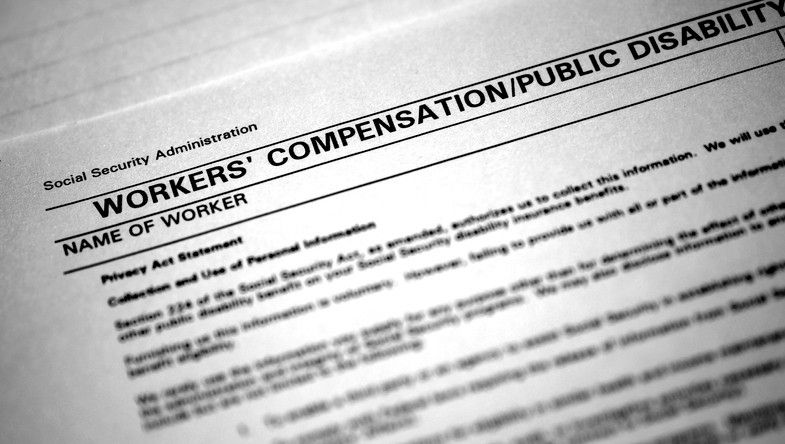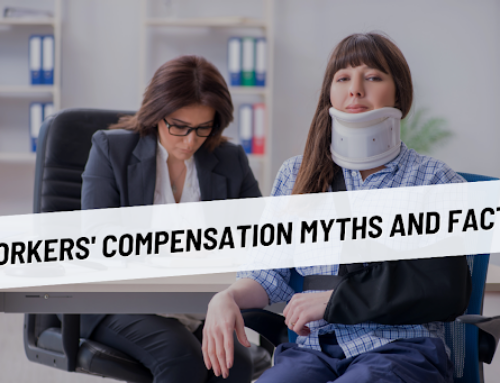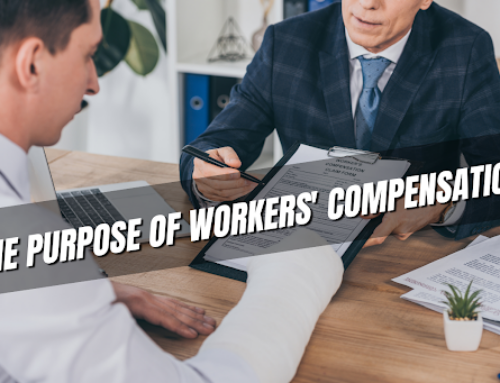Worker’s compensation is meant to shield injured or disabled workers by securing the rightful benefits. However, the path to these benefits is not always straightforward. Employers and their insurance companies may not consistently act in the best interest of the injured party. This underscores the importance of a comprehensive understanding of the common mistakes that workers often encounter when looking to get workers’ compensation claims. In this guide, we will shed light on these common mistakes to help individuals pursue their entitled benefits. Read on.

Mistake #1: Waiting to Inform Your Employer of Your Injury
When you experience a work-related injury or are diagnosed with a condition linked to your job, swift communication with your employer is paramount. If the injury makes your work uncomfortable or painful, it is essential not to soldier on. Despite the common initial disorientation or embarrassment, prioritize your well-being by stopping all work-related activities and promptly notifying your employer in writing. Keep a detailed record of all interactions regarding the injury. This documentation acts as crucial evidence because it demonstrates your proactive approach to informing your employer about the incident.
Mistake #2: Overlooking Details or Overstating Your Injury
Providing a comprehensive and accurate account is crucial when filing a claim and discussing your injury with your doctor. Advocating for yourself means ensuring that every relevant detail concerning your injury is included – from the incident’s specifics and resulting symptoms to pertinent dates, locations, and any prior injuries or illnesses. This is why our experts at the Law Office of Frank A. Cetero advise you to thoroughly document all medical records.
When initiating this process, it is advisable to jot down all recollections of the event and any changes in your physical symptoms post-injury. Equally important is avoiding any temptation to exaggerate or fabricate symptoms. Some individuals with valid compensation cases may feel compelled to embellish the impact of their injury or omit pre-existing conditions due to concerns about jeopardizing their case. However, it is important to recognize that doctors evaluating workers’ compensation cases closely scrutinize for inconsistencies or signs of embellishment. Your medical history will undergo scrutiny, and any disparities between your past and present claims will be carefully examined.
Mistake #3: Reliance on Private Health Insurance for Work-Related Injuries
If your employer suggests utilizing your private health insurance instead of filing for workers’ compensation benefits after reporting a work-related injury, they are likely lying to you. Despite your employer’s suggestion, opting for private health insurance is not the right course of action.
Workers’ compensation exists to provide a range of medical expense reimbursements, disability benefits, and other forms of assistance when you face injury, illness, or disability in the course of your work. These benefits, integral to your well-being, are typically not provided in private health insurance. Therefore, your health insurance plan cannot substitute the specific benefits designed to support you in the aftermath of a work-related incident.
Mistake #4: Disregarding Your Doctor’s Guidance
In New York, injured workers have the right to choose where they get medical treatment for workers’ compensation cases. This means you can choose your treating doctor or opt for one from the insurance company’s managed care organization. Your doctor plays a crucial role in guiding your care, making recommendations, and assessing your readiness to return to work. Besides, they may suggest specific restrictions upon your return. It is imperative to heed this advice consistently throughout the entire process. Failing to follow your treating physician’s recommendations can significantly undermine the credibility of your claim.
Mistake #5: Assuming No Claim Because You Have Not Missed Work
It is a common misconception that if you endure a workplace injury but continue working without taking time off, you do not have a claim to workers’ compensation benefits. Many employees choose to soldier through injuries driven by dedication to their employer, a desire to preserve sick leave, or fear of job loss.
However, not missing work does not affect or negate your eligibility for workers’ compensation benefits. In New York, the workers’ compensation system extends beyond disability benefits for those unable to work due to injuries. An equally vital aspect is the coverage of all costs associated with an injured worker’s healthcare services. Therefore, seeking immediate medical attention for a workplace injury is crucial not just for your well-being but also to ensure coverage of your healthcare costs under the workers’ compensation system.
Let Us Help You Today
Navigating workers’ compensation claims requires diligence and awareness. At the Law Office of Frank A. Cetero in New York, we understand the difficulties of this process. Do not fall victim to common mistakes; let us help you today. Your well-being is our priority. Contact us to ensure you receive the compensation and support you rightfully deserve.




